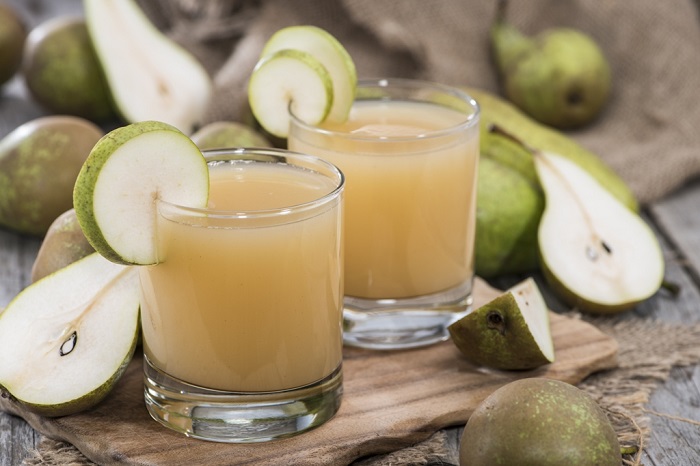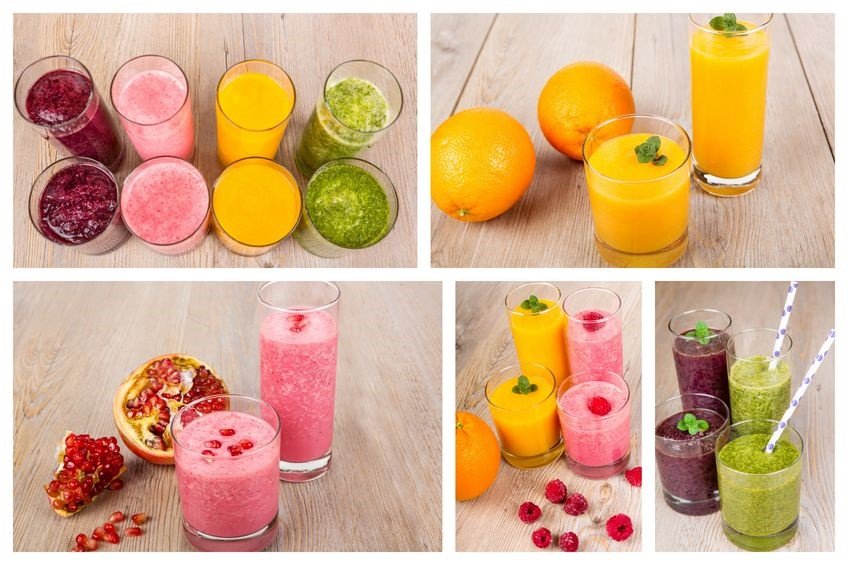A glass of these juices will make you empty your intestine in 30 minutes

The digestive process is extremely complex, and the digestive tract is a complicated mechanism. If digestion is impaired, general health suffers, and the body cannot obtain the essential nutrients it needs. However, there are ways we can easily reverse these problems, when all you have to do is detoxify the body to bring health back to our body. An effective way is through diet, so here we will suggest 3 juices that will help you empty the intestine in a matter of minutes, it will help you to dislodge the toxic waste that made you feel heavy, bloated and without energy, effectively.

Table of Contents
How can juice help in situations of constipation
In one study, researchers found that certain juices can help increase water content and the frequency of bowel movements. These juices contain sorbitol, which is a nonabsorbable carbohydrate.
Juice can be a convenient remedy to try at home if you are constipated. Most pasteurized juices have the potential to help relieve constipation. But juices that contain naturally sourced sorbitol, including plum, apple, and pear juices, may be your best option for constipation relief.
Juice is a good option for people of any age, but not necessarily for babies. Constipation in babies typically begins to happen after the introduction of solids. Contact your baby’s pediatrician for instructions on what to give him if he is constipated.
Juices and doses
If you decide to try drinking juice to relieve constipation, keep in mind that a small amount of juice may be all you need. For best results, the Cleveland Clinic recommends adults drink only half a cup of 100% fruit juice once a day, preferably in the morning. Also, you should try to drink eight or more cups of liquid each day to help empty your bowel and keep you regular.
Plum juice
The most popular juice for relieving constipation is prune juice. Each 8-ounce glass contains approximately 2.6 grams of fiber. That is 10 percent of your daily requirement. While fiber can bulk up your stools, the sorbitol in prune juice goes on to soften them, making them easier to pass. Prune juice is also a good source of vitamin C and iron.
Eating dried plums, or prunes, is another way to avoid constipation. In fact, one study suggests that plums should be considered a first-line therapy when it comes to constipation. You can make a delicious and medicinal drink to alleviate the symptoms of constipation, simply soak the plums in water, up to 5 plums can be and once they soften, place them in the blender, add the water with which you soaked them and blend very good. If you want the light consistency, you can add more water. You will see that with this prune juice, emptying the intestine will be easy.
Apple juice
Apple juice can provide a very mild laxative effect. Apple juice is often recommended for children with constipation because it has a relatively high ratio of fructose, glucose, and sorbitol content. But for this reason, it can also cause intestinal upset in large doses.
You might think that eating applesauce would help constipation, but that’s not the case. Applesauce contains a higher level of pectin than apple juice. Pectin is a substance that will add bulk to your stool. It becomes firmer and harder to pass, so this is a better option after bouts of diarrhea.
Pear juice
Another great option is pear juice, which contains four times more sorbitol than apple juice. This juice is also often recommended for children who have episodes of constipation. Pear juice is not as rich in vitamins as prune juice, but many children prefer its taste.
Other drinks to help empty the bowel
You can also get some relief from mixing a squeeze of lemon juice in a glass of warm water. Other drinks that can help include coffee, tea and hot or hot liquids in general, of course, as long as they are natural and without additives that are processed, that is, without sugar, milk, etc. It’s best to stay away from fizzy drinks until your constipation clears up.
Talk to your doctor if you are constipated, but have concerns about drinking juice. If you have a condition that requires you to follow a restricted diet, juice may not be a good option for you. If you have diabetes, your doctor or dietitian may advise you to avoid beverages that contain sugar, including juice. If you have diabetes but still drink juice, the American Diabetes Association suggests choosing juices that are 100 percent juice with no added sugar. On average, 4 ounces or about half a cup of juice contains about 15 carbohydrates and 50 or more calories.
And don’t forget that waste and toxins accumulate in the body and cause numerous health problems. To avoid this, it is necessary to cleanse the body at least twice a year and eat healthy foods. This will remove waste and toxic deposits in the body and support overall health.


